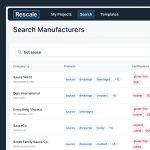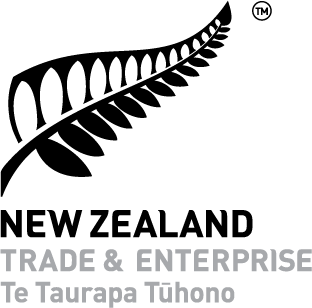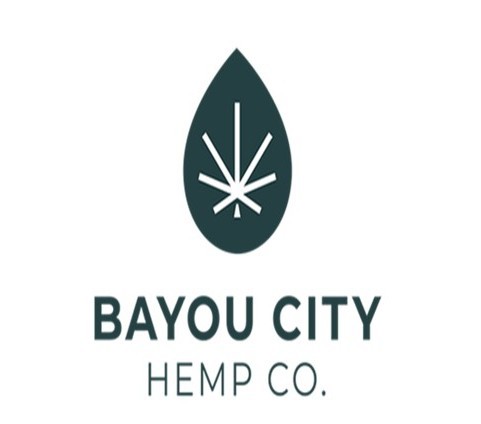Can Vertical Farms Be Organic Certified?
SPONSORED CONTENT FROM Inecta
Vertical farms are quickly gaining traction as one of the most sustainable ways that you can mass produce food. The topmost benefit that you can gain from investing in vertical farming solutions is that it massively streamlines and boosts your production processes. Below, we’re going to be covering some additional benefits that food producers and growers can gain from using vertical farming techniques, and if vertical farms can truly be organic certified.
Benefits of using vertical farming techniques
Beyond the benefit of a higher level of efficiency in your growing process, you can also expect to see:
1. Minimized water usage across your crop production system
Vertical farming is very drought-friendly, making it ideal for produce growth in harsher desert climates, or where the weather patterns are unstable. This is also a more efficient way to grow overall that uses less resources, making this a sustainable option for your production process.
2. Reduced or eliminated need for pesticides and chemical additives in the growing process
Due to how vertical farms are arranged, there is generally not a need for additional chemicals or pesticides to be used in the growing process. It is a relatively enclosed system that is quite easy to control and maintain for an optimal growing environment for any crop of your choice.
3. Year-round growth abilities
Investing in a vertical farming system for your crops can help you to ensure year-round growth abilities, protecting your crops from poor growth environments and conditions and promoting a controlled environment for optimal growth.
Can vertical farms become organic certified?
Given the variety of benefits that vertical farming can provide to manufacturers and growers, many often want to take the next step and make it a permanent fixture in their processes. With this thought comes the question: Can vertical farms be organic certified?
Vertical farms can be certified organic per the current standards in the United States as of 2022, which do not require that crops be grown in ground as part of their certification process. We also want to highlight that in the very core construction of a vertical farm, there is no need for use of pesticides and insecticides, instantly working to satisfy that component of the organic certification requirements.
The entire goal of the organic certification is to produce quality products that have a minimal footprint when compared to traditional farming practices. If you invest in a vertical farming system, however, it does not mean that you have instantly satisfied the organic requirements.
You may only use the organic farming seal of certification if you have undergone the application process through the proper government agency and received approval to do so, after your growing practices have been evaluated against the organic farming certification standards.
Inecta is here to support your vertical farming framework
Inecta is your end-to-end ERP cloud-based solution that can help you organize and standardize your vertical farming practices. With traceability, custom reporting, and a UI that’s intuitive and backed by Microsoft, we’re able to deliver you a world-class experience that can instantly elevate and centralize your current systems. With over 20 years of industry experience, Inecta offers a stellar onboarding service and unbeatable traceability, giving you total confidence in your product: from farm to table.
















